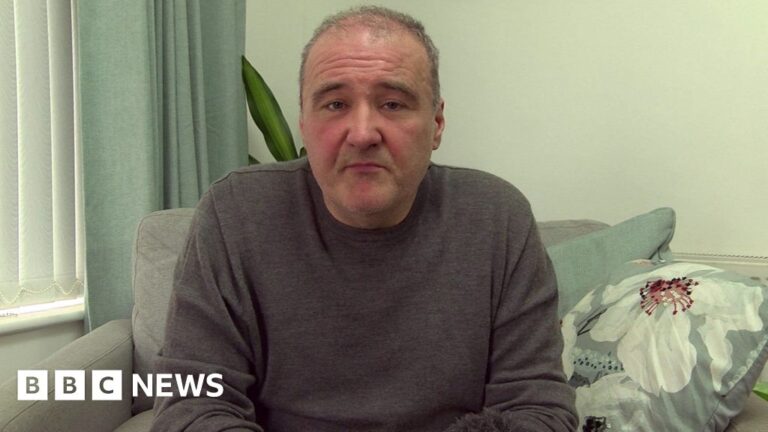Here is the result in plain text:
Health Secretary Robert F. Kennedy Jr. announced wide-ranging cutbacks at federal health agencies, including the Food and Drug Administration, that would eliminate duplicative services and paper pushers.
But in interviews with more than a dozen current and former F.D.A. staff members, a different picture emerged of the far-reaching effects of the layoffs that would ultimately reduce the agency work force by 20 percent. Among them are experts who navigated a maze of laws to determine if an expensive drug can be sold as a low-cost generic; lab scientists who tested food and drugs for contaminants or deadly bacteria; veterinary division specialists investigating bird flu transmission; and researchers who monitored televised ads for false claims about prescription drugs.
In many areas of the F.D.A., no employees remain to process payroll, to file retirement or layoff paperwork and to help overseas inspectors who are at risk of maxing out agency credit cards. Even the agency’s library, where researchers and experts relied on medical journal subscriptions that have now been canceled, has been shut down.
The F.D.A.’s new commissioner, Dr. Marty Makary, showed up for a long-awaited appearance at the agency’s Maryland headquarters on Wednesday. He delivered a speech outlining broad problems in the health care system, including a rise in chronic diseases. Employees were not given a formal opportunity to ask questions.
About 3,500 F.D.A. employees are expected to lose their jobs under the reductions. A spokesman for Health and Human Services did not respond to questions.
Weaker monitors for food safety
The agency eliminated scientists at several product safety labs, including a lab near San Francisco that tested food. These cuts come in addition to the recent elimination of a key food safety committee and reduced funding for state-based food inspectors.
The San Francisco lab did routine checks for deadly bacteria on food to support inspections and investigations and had expertise in detecting heavy metals and toxic elements. It also analyzed food colorings and additives — a stated priority of the new administration.
Another casualty at the food division involved nearly all of the staff in the Office of Policy and International Engagement. It shared data with other nations to head off outbreaks of food-borne illnesses that were detected overseas before the products could reach the United States.
Drug review funding jeopardized
The F.D.A. is heavily funded by the industries it regulates, including pharmaceuticals, medical devices and tobacco. The industry fees, which accounted for about half of the agency budget, are paid under the terms negotiated between the agency and the industries. The agreements are monitored and approved by Congress.
Those steep reductions could jeopardize user fees amounting to hundreds of millions of dollars. The losses could result in hitting a “trigger” in the law that would close off the fees altogether.
Potential delays in cheaper, generic drugs
Staff members in the generic drug policy office did the painstaking work of sifting through existing law, ever-changing court rulings and scientific data to determine which drugs could be approved as generics or, in the case of biologically active therapies, as biosimilars. (Biosimilars are drugs deemed interchangeable with brand-name drugs that are biologically active.)
Such approvals save consumers billions of dollars collectively. The layoffs of the generic drug policy team could delay those savings.
Loss of watchdogs on misleading drug advertising
Mr. Kennedy has sharply criticized televised drug ads. But his new layoffs folded the division that monitors them for false or misleading claims. The office received complaints from the public and issued warning letters to companies making problematic claims.
“Drug companies must love the defanging of the F.D.A.,” Adriane Fugh-Berman, a professor of pharmacology at Georgetown University Medical Center, said in an email. “The Trump administration is destroying an agency crucial to public health.”
Source link




